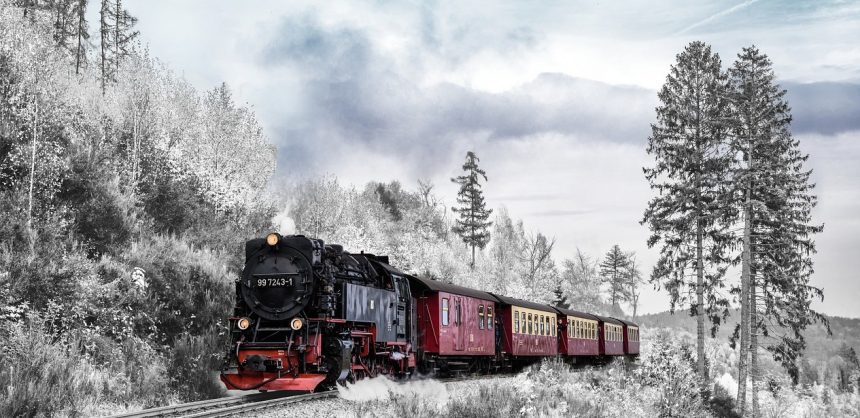As the Kashmir Valley nears the completion of its long-awaited railway connectivity with the rest of the country, stakeholders from various sectors—including tourism, business, and education—are expressing optimism about the positive impact this development will have on the region. Many see it as a transformative step that will not only boost the tourism industry but also ease travel for both visitors and residents.
For years, those involved in Kashmir’s tourism sector have hoped for better connectivity, especially considering the frequent highway blockages, particularly in winter, and the high cost of airfare, which has deterred many potential travelers. With the impending launch of the train service, however, hoteliers, houseboat owners, students, and businesspeople are hailing it as a game-changer for the region.
Speaking to Rising Kashmir, Manzoor Pakhtoon, President of the Houseboat Owners Association in Kashmir, expressed his excitement, calling it a “historic moment” for the Valley’s tourism sector. “During peak summer, many states across the country have holidays, and people often prefer visiting cooler destinations like Kashmir. However, expensive airfares have kept many potential tourists away. With affordable train fares, they now have a viable travel option,” he said.
Hoteliers in Kashmir echoed similar sentiments, calling it a “dream come true” for budget travellers. “Many tourists who couldn’t afford expensive air tickets will now be able to visit. This will bring in more visitors and, in turn, benefit the entire hospitality industry,” said Bashir Ahmad, a hotel owner in Srinagar.
Tourists also expressed relief, noting that high airfare had long been a deterrent. “Now, with train connectivity, they can travel to Kashmir at a much lower cost, making it affordable for a wider range of people,” shared tourists at Dal Lake.
Local shopkeepers and traders are equally enthusiastic, as they anticipate the ease of business operations. “Transporting goods has been a major challenge due to expensive air routes and frequent road blockages, especially in winter. Train connectivity will streamline logistics and make it much more cost-effective,” said Mohammad Ashraf, a trader in Srinagar.
With railway connectivity soon to become a reality, tourism stakeholders, students, businessmen, and the general public are hopeful that Kashmir will see a significant increase in visitors. This development is expected to stimulate the local economy and make the region more accessible to travellers from across India and beyond.
Facebook Comments Box

